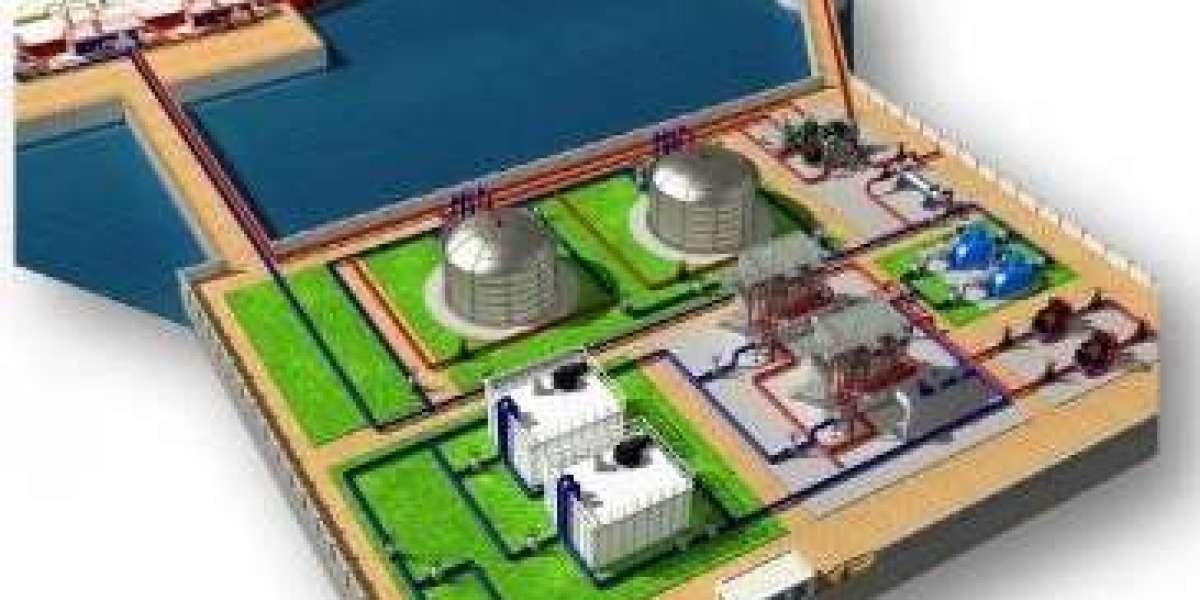Key Economic Benefits of Simulation
Optimized Production:
Reservoir Simulation: By simulating reservoir behavior, companies can optimize production strategies, maximizing recovery rates and minimizing costs.
Well Performance Simulation: Analyzing well performance data allows for timely interventions, reducing downtime and increasing production.
Production Optimization: Identifying bottlenecks and inefficiencies in production processes can lead to significant cost savings and increased output.
Enhanced Transportation Efficiency:
Pipeline Simulation: Simulating pipeline networks helps optimize flow rates, minimize pressure drops, and reduce energy consumption.
Tanker Scheduling and Routing: Optimizing tanker schedules and routes can reduce transportation costs and improve delivery times.
Emergency Response Planning: Simulating emergency scenarios helps develop effective response plans, minimizing potential losses.
Reduced Risk and Improved Safety:
Risk Assessment: By simulating various scenarios, companies can identify potential risks and take proactive measures to mitigate them.
Safety Training: Virtual reality simulations provide realistic training environments for workers, improving safety performance.
Accident Investigation: Analyzing accidents through simulation can help identify root causes and prevent future incidents.
Accelerated Decision-Making:
Rapid Prototyping: Testing different design options and operational strategies in a virtual environment saves time and reduces costs.
Data-Driven Decisions: Simulation provides data-driven insights to support informed decision-making.
Scenario Analysis: Exploring various scenarios helps companies prepare for uncertainties and make contingency plans.
The Future of Simulation in Oil & Gas
As technology continues to advance, the role of simulation in the oil and gas industry will only grow. Emerging technologies such as artificial intelligence, machine learning, and digital twins will further enhance the capabilities of simulation tools. By leveraging these advancements, oil and gas companies can unlock new opportunities, reduce costs, and ensure the long-term sustainability of their operations.
In conclusion, simulation has become an indispensable tool for the oil and gas industry. By optimizing production, enhancing transportation efficiency, reducing risks, and accelerating decision-making, simulation is driving significant economic benefits. As the industry continues to evolve, simulation will remain a key driver of innovation and growth.








